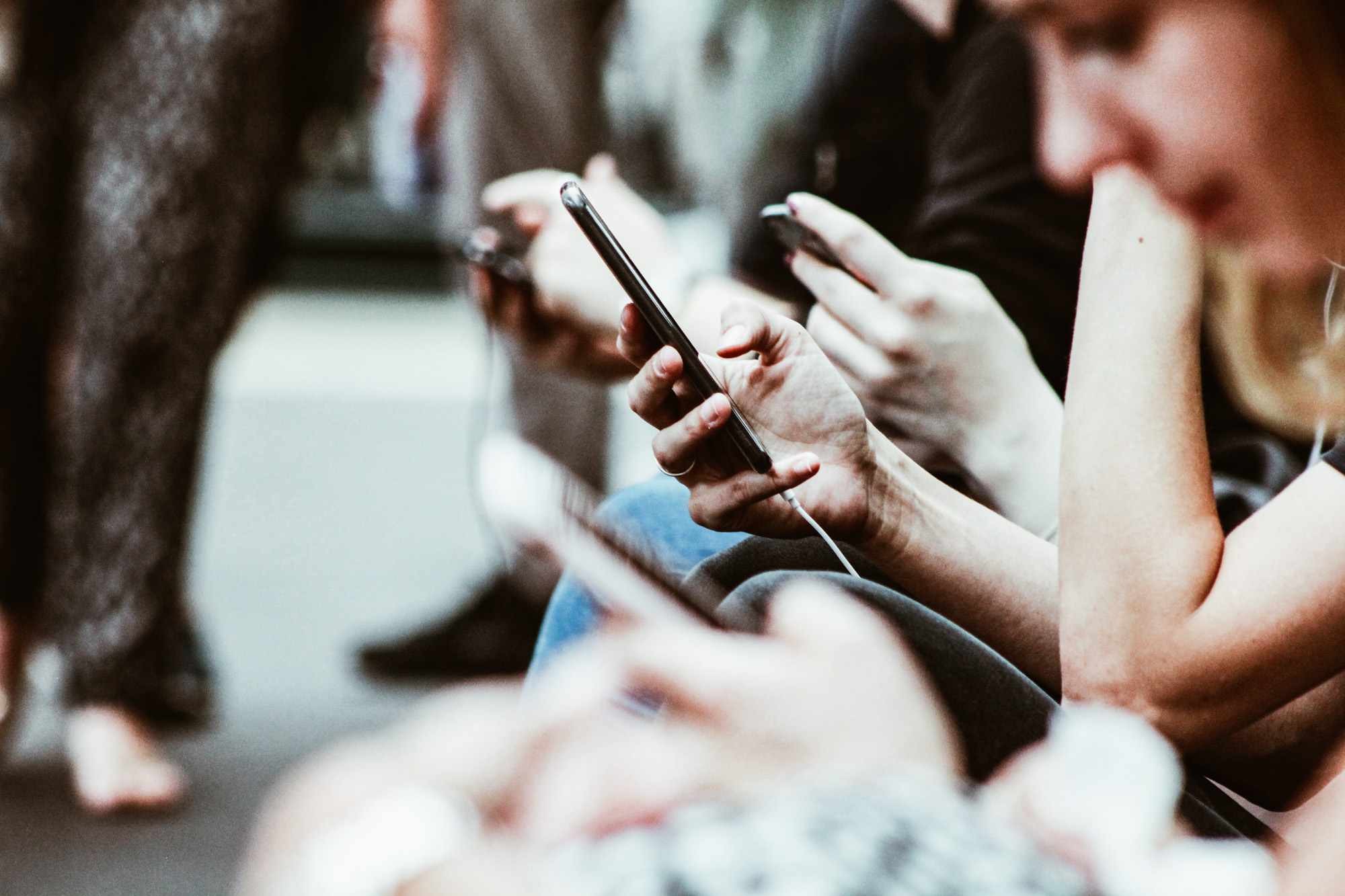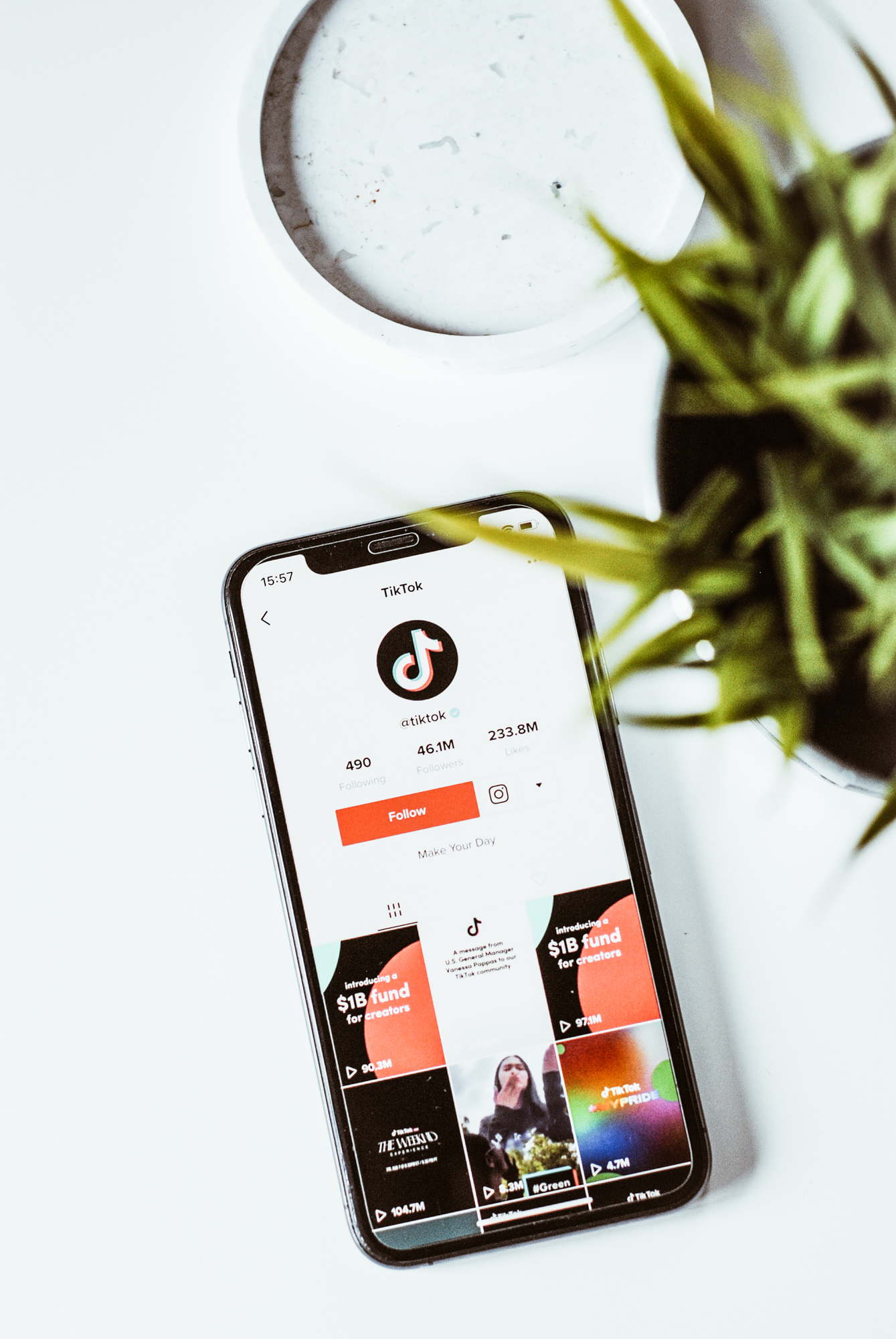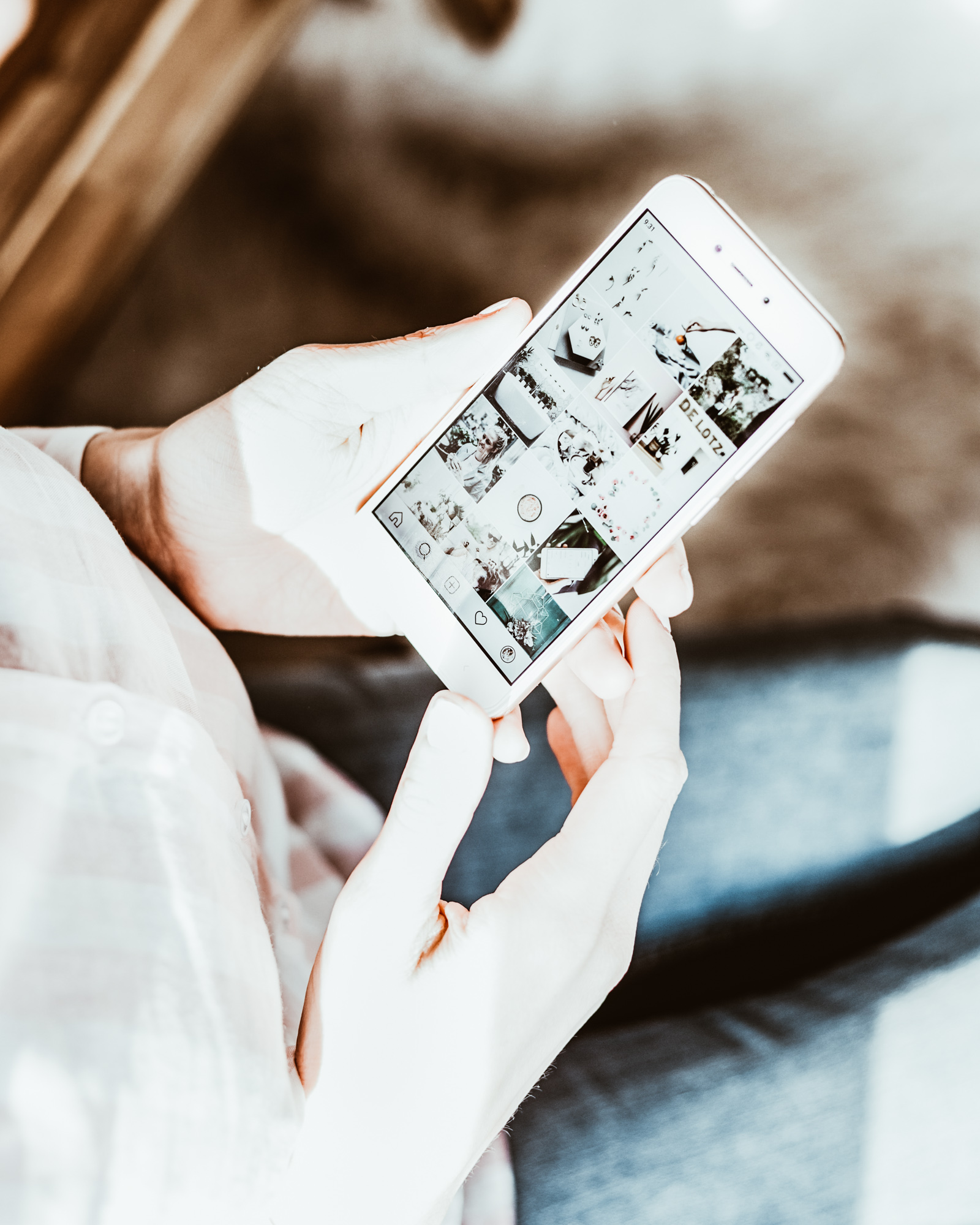Social media has long been an integral part of our lives, but it was during this global pandemic that we discovered how important this medium is.
The importance of social media in pandemic times
Author: Erika
The COVID-19 pandemic has completely turned our lives upside down, not only in terms of health care but especially in our daily routine. If there is anything we have learned from this situation, it is that we must be prepared for whatever the future holds. No goal is realistic, but in our plans, we must try to get as close as possible to what will be the reality.
Many are wondering what the post-COVID-19 world will be like and finding an answer is not easy. But one thing is certain, we must be ready to change and adjust our marketing strategies at any time and digital seems to be the right way to do it.
In this article, we are going to see how COVID-19 has affected the use of social media by companies.
With social distancing, digital and social media have had an impact of considerable intensity. In fact, we have seen a boom not only in messaging and video calling apps, but also all those platforms that have allowed us to make digital events.
Both in our private and working lives, our daily lives have been touched and marked by a change in many habits. However, not all the consequences have been negative.
The famous digital transformation, which was at a standstill in Italy, has accelerated considerably as a result of this global situation. Driven by the impossibility of continuing with the old methods, even the most stubborn brands have surrendered to the digital evolution of communication.
Social marketing strategies are changing

Marketing strategies have changed to adapt to new media and tools, but first and foremost the way companies communicate and relate to clients has changed.
In this pandemic period, the public has changed their needs and companies have had to learn how to relate in an advantageous way. This is why a lot of social media marketing has changed during the pandemic.
Spending much more time at home and bombarded by all this negative news, the public felt the need to feel connected to the world in some way. This is one of the fundamental aspects that has allowed companies to take advantage of the opportunities and offers related to digital transformation.
For those of us who are involved in marketing, you will have noticed that the publication times of the posts have been completely overturned. The COVID-19 has shuffled its cards around a lot, and if you used to prefer to post on socials on specific days during the lunch break, now this period has been extended to all weekdays. Instead, what we call “commuter time” has taken a back seat, so from 5 pm onwards socials are now less popular.
Whereas before the weekend was one of the worst times to publish, now post lockdown on the morning of the weekend has become one of the most sought-after moments.
Most viewed social media during the pandemic
With forced lockdown, TV programmes suspended, news monopolised by Coronavirus news, the public desperately needs entertainment. This has caused audiences to pour into social media, particularly Instagram, YouTube and TikTok in search of distraction. For this very reason, it has become even more crucial to publish at the right time.
The volume of messages sent and received has also changed. Although for some sectors there has been a decrease in the publication of posts, for other companies the volume has remained constant or even increased.
In fact, some companies increased the number of messages addressed to the public during the pandemic. For example, the entertainment sector has increased its social media activities to provide a distraction to citizens already destroyed by social distancing.
Other companies linked to the sport and tourism sectors have been particularly affected by the restriction or suspension of all activities. And it is precisely in these sectors where there has been a decline in communication. However, this was the wrong step to take. It may seem the most logical choice to cut communication-related funds in a time of crisis like this, but in reality, it is one of the most counterproductive gestures a company can make. But we will talk about this in one of our next articles.
Social media as a tool to connect people during the pandemic


Since the beginning of 2020, we have seen how our lifestyle has changed completely by creating new rules for everyone.
In fact, many companies have found themselves having to recalibrate their strategy in light of what has happened. We have asked ourselves many times whether this content is suitable for the current situation, and many times we have found ourselves removing it. In a period like this where people are particularly sensitive to all kinds of messages, it is very important to control what is shared but even more important is to adapt to each situation.
Listening to your clients’ requests and feelings and identifying their needs is fundamental nowadays in order to understand how to orient your strategy. The pandemic has created a general climate of terror and for this reason, the public is now looking for positive conversations. People have grown tired of negativity and all this concern about COVID19 and are looking for social distraction.
In March, the number of messages on the topic of helping others increased by 1.174%, culminating in 19.5 million messages during the month. In this period of insecurity, people are trying more than ever to connect and support each other. Social media has become the epicentre of this movement.
In SproutSocial’s #BrandsGetReal 2019 survey #BrandsGetReal, it was found that 91% of respondents believe that social networks have the power to connect people, of which 78% would like brands to use social networks to bring them together. This sentiment became even stronger after the pandemic.
Being able to understand what your audience wants and show them that your company has understood this need is the best solution for good communication even in this strange 2020.
Share this:
- Click to share on Facebook (Opens in new window)
- Click to share on Twitter (Opens in new window)
- Click to share on Tumblr (Opens in new window)
- Click to share on Pinterest (Opens in new window)
- Click to share on Telegram (Opens in new window)
- Click to share on WhatsApp (Opens in new window)
- Click to share on Reddit (Opens in new window)
- Click to print (Opens in new window)






